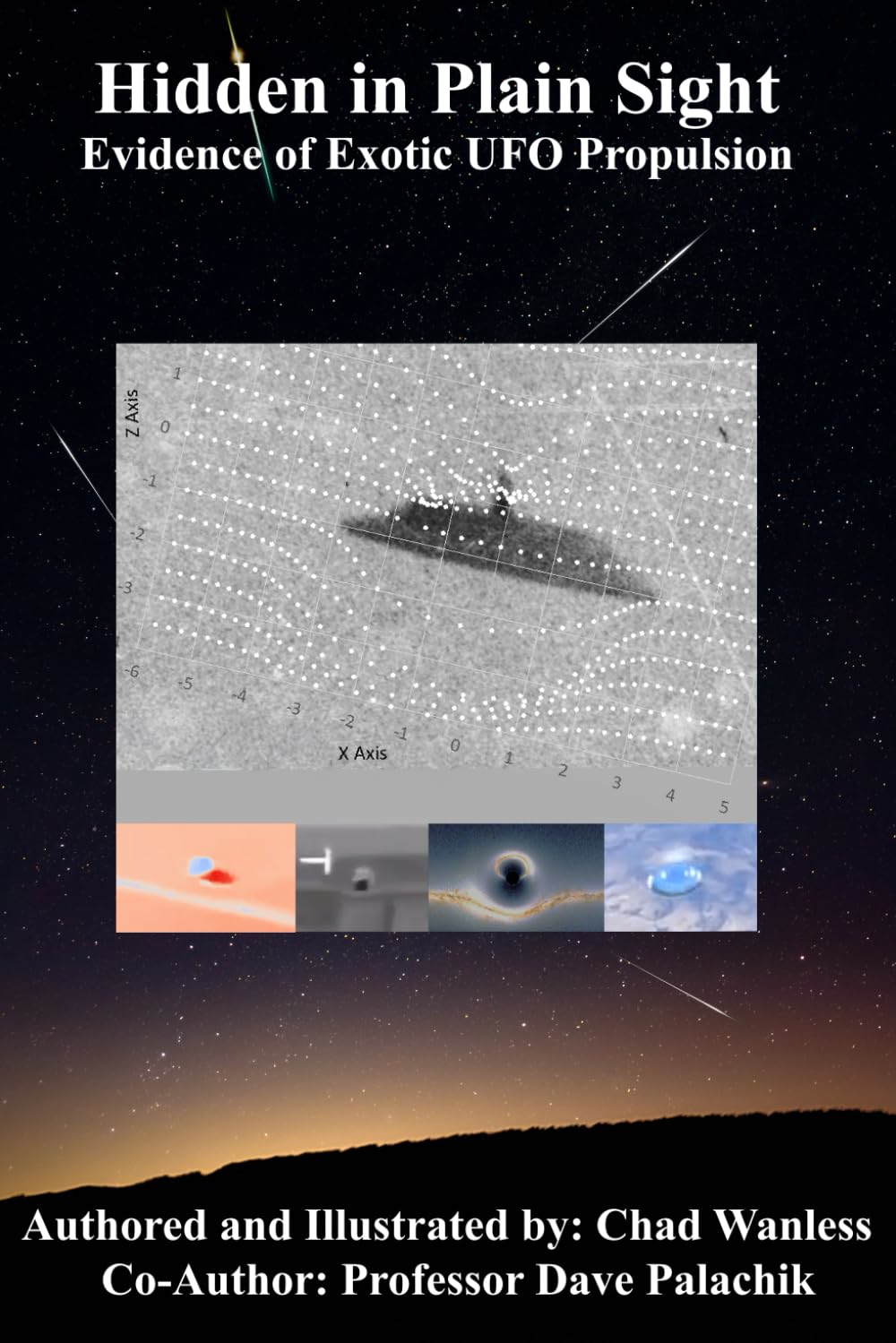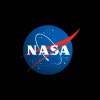NASA Rocket from California mistaken for UFO over Suffolk0
- From Around the Web, Space
- September 29, 2021
People across Suffolk reported seeing a strange glowing triangle in the sky last night, with many jumping to the conclusion that it was a UFO.
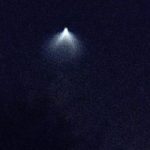
People across Suffolk reported seeing a strange glowing triangle in the sky last night, with many jumping to the conclusion that it was a UFO.

The newest military branch, the U.S. Space Force, has released prototypes of uniforms for its Guardians.
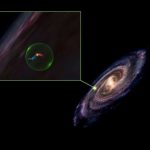
Astronomers analyzing 3D maps of the shapes and sizes of nearby molecular clouds have discovered a gigantic cavity in space.
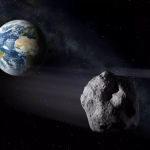
Even though the asteroid Apophis won’t hit Earth for at least another century, its scientific impact will be tremendous.

NASA announced Tuesday that the agency’s human spaceflight division will split into two new mission directorates, one focused on space operations and another on deep space exploration, returning to the organizational structure of a decade ago.
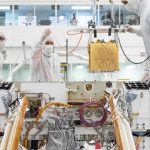
Mars Rover Perseverance’s CO2-splitting MOXIE device draws the eye of the world’s biggest miners.

“Mega-constellations” from those satellites will be visible to the naked eye, simulations suggest
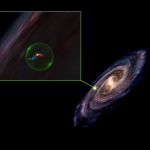
Source: Newsweek Astronomers have discovered a gigantic cavity in space while studying 3D maps of nearby star-forming clouds of gas and dust. The bubble-shaped void in the Milky Way is around 500 light-years wide and is located between the star-forming clusters of gas, or molecular clouds, in the Perseus and Taurus constellations. The research team
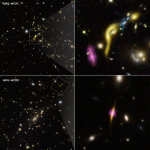
Source: CBS News Scientists studying early galaxies were stunned earlier this year when they discovered six massive galaxies that seem to have died during the universe’s most active period of star birth. NASA’s Hubble Space Telescope spied the six galaxies, which appeared to have run out of the cold hydrogen gas needed to make stars
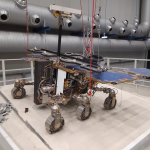
Drilling in the dee-ee-eep. The ExoMars rover’s Earth-dwelling twin shows off its skills.
